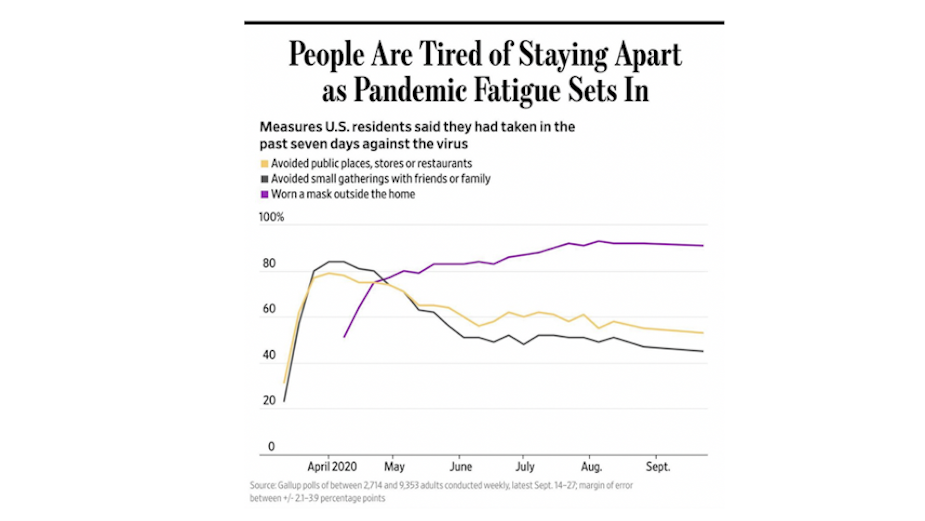
The Future of Gaming: Familiar over Fantasy

2020 - the year that ripped through reality, the whole world thrust into the same state of macro unknown, fighting invisible enemies, navigating deserted cities and waving at digital versions of our friends and family in dystopian zoom rooms. Our experience of the real world felt more like the game world than we ever could have wanted or imagined.
Reflection and gratitude became the ‘emotions du jour’ as we missed the aspects of our lives previously taken for granted - holidays, dance floors, eating out, meeting strangers. Indulging in the comfort of our memories became our coping mechanism from throwbacks on Instagram to wallowing in old music, memories of simpler and better times have given us comfort in this continued time of uncertainty. And this is no coincidence, research has repeatedly proven that nostalgia is not only prevalent, but appealing in times of crisis, by sharing ‘public memories’ that reinforce the belief that we live a meaningful life for ourselves and our followers, a biological self-soothing that directly reduces cortisol levels related to stress.
So where does gaming come into this?
Well, the gaming world is one of multiple realities, fantasy realms that transport us out of the spaces we know to different epochs, different eras - adventures and quests viewed through the eyes of characters and avatars. But what if the future of gaming lies not in the fantastical, but instead in the familiar? What if the next frontier of gaming is about creating familiar environments that hit all our memory senses? Of remembering the sights, sounds and smells of those moments with our friends. Festivals that can never be forgotten, holidays we want to return to or something as simple as your grandparents living room – a space you felt safe and at home.
As the interactions in our physical spaces are forced to change, gaming could be the solution of keeping us close and connected in recreated safe spaces we enjoy and love. And as pandemic fatigue sets in, it may actually be a life saving intervention, changing the nature of gaming from entertainment to a living museum, a way to suspend your personal places of importance to revisit.

The rise of ‘life simulator’ games like Animal Crossing in the midst of the global lockdown is one of our expressions of desire for familiarity. At first glance, the rinse and repeat nature of doing daily tasks to upgrade your island may seem mundane, but it is in this simplicity where we find the most comfort. Such experiences inspire a sense of normalcy and give us an alternative solution to fulfil our desire to connect with our friends and lead the ‘normal’ life we used to live.
Increasingly, players have more tools at their disposal to recreate any personal memory or space that can give them this sense of comfort and connection, and more importantly, be able to share it with their friends and loved ones. Games designers have been making sandbox platforms that provide world building and crafting tools available to the masses, empowering users with free reign and a blank canvas to apply their memories, and recreate things and places that evokes a sense of nostalgia in almost an unlimited scope.
And these experiences can be brought to the masses bound by a collective history. Leveraging Fortnite’s creative mode, DBS Live Fresh recreated an iconic Singaporean club, one that was home to many global DJs but more importantly, a rite of passage for every Singaporean’s coming of age story. While every individual’s experience within the space is personal and distinctive, the destination and elements within it are so iconic, it lends itself to evoking emotional memories for anyone who has ever been there. Beyond that, it allows the immersive environment of the game to become a canvas of storytelling for personal lived experiences.
Coupled with increasingly mainstream advances in technology like virtual and augmented reality, artificial intelligence and the addition of sonic and haptic cues, the idea of immersive nostalgic experiences can be elevated to a higher degree.
Instead of creating a universe that transports you to a different world, the future lies in designing spaces that transport you back in time to reflect a life you have lived. Living through the familiar and comfort of just a few years ago in a space that is safe and doesn’t jeopardise our ability to connect with the people we love, could be exactly what we need in a future that is more uncertain than ever.













